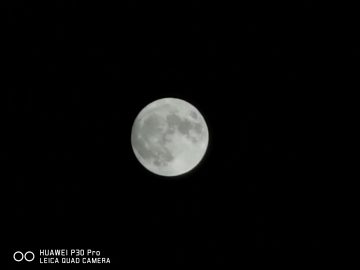
中秋节or Mid-Autumn Festival is celebrated mainly by the Chinese and the Vietnamese on the 15thday of the eighth month in the lunar calendar with a full moon night. It is said that on this day the moon is the brightest and roundest symbolizing family reunion which is one of the reasons why this festival is so important in the Chinese culture.
In Chinese beliefs, the full moon symbolizes family reunion, reminding them of their families and homeland. In many ancient Chinese poems, the full moon is used by poets to express their homesickness. It is a tradition for families to appreciate the moon together on this day, therefore, separated families will gather together in one place to admire the beauty of the full moon.
A prominent feature of this festival are the mooncakes; a pastry with fillings of one’s choice, it is tradition to eat mooncakes during the festival. It isn’t only a pastry but has a greater meaning in the traditional Chinese culture, just like the moon, it symbolizes the reunion, gathering, and harmony of the family. The variety of fillings in a mooncake symbolizes different meanings and wishes; each year more and more flavors are invented to maintain the importance of mooncakes in the Chinese culture. During the festival, families and friends give mooncakes as gifts to wish others well.
In the evening of mid-autumn festival families like to find places with the best view of the moon like roofs, balconies, mountaintops, or by a lake to admire the scenery while eating mooncakes and chatting with family members and friends. Reserving tables are very competitive during this time of the year.
Xiao Ying Lai, a 58-year-old Chinese mother states that “since her childhood, the mid-autumn festival was her second favorite festival after Chinese New Year, it was very important to celebrate this festival. Many families start preparing for mooncakes and reserving locations and tables in restaurants one month prior the festival.”
Mid-autumn festival being the second most important festival the Chinese celebrates, worshiping the moon was a serious and cultivated tradition, however, this tradition is disappearing. Moon worshiping usually takes place after dinner where mooncakes, fruits, and candlesticks are placed on a table, facing towards the moon outside the door or in the courtyard.
Nowadays, it’s rare to see families worshiping the moon in big cities. In some old towns or tourist cities, people continue to hold a ceremony to worship the moon in a square, park, or street, but it is portrayed more as a performance rather than a cultivated behavior.